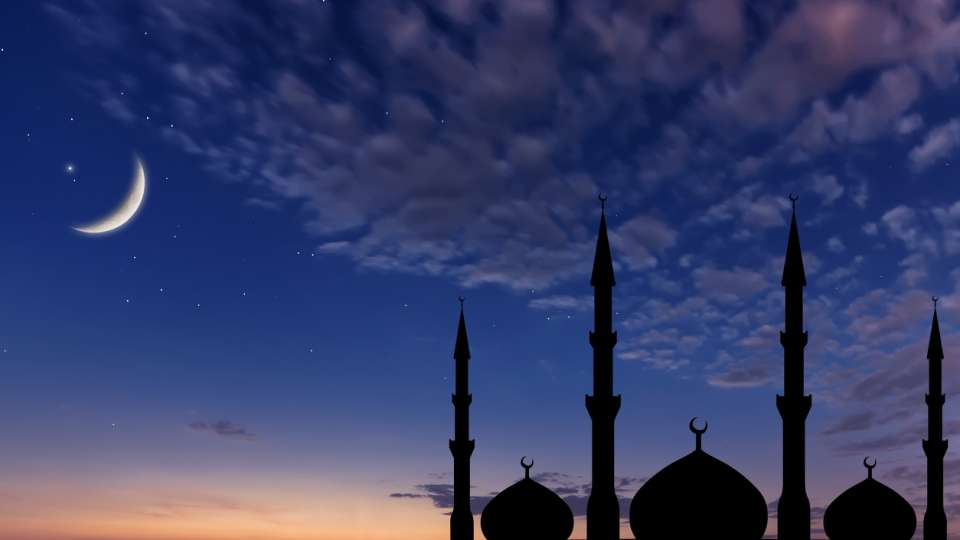The definition of Ramadan
Ramadan is not only about skipping meals. While fasting remains an integral and important part of it, Ramadan gives a comprehensive programme for the Muslim’s spiritual overhaul.

Ramadan is the ninth month of the Islamic calendar and the most important month of the year – the month of prayers and reflections. It is the month that the believers await with eagerness.
Fasting during Ramadan was ordained during the second year of Hijra. In Mecca, the economic condition of the Muslims was devastating. They were being persecuted. Days would go by before they got anything to put in their mouths. It is easy to skip food if you don’t have any. Fasting would have been easier under the situations, obviously.
- FG to deploy solar energy in 304 PHCs, Unity Schools
- United Nigeria Airlines begin flights to P/Harcourt
Ramadan is not only about skipping meals. While fasting remains an integral and important part of it, Ramadan gives a comprehensive programme for the Muslim’s spiritual overhaul.
At the beginning of Rajab – the Prophet Muhammad (S.A.W) used to supplicate: ‘O Allah! Bless us during Rajab and Sha’ban , and let us reach Ramadan in good health.’
In this month, the Muslims become busy seeking Allah’s forgiveness, mercy and protection from Hellfire. This is the period for renewing our commitment, rethinking, refocusing, and reestablishing our relationship with Allah (our Creator).
We use this period to seize an opportunity to strengthen our IMAN, purify our hearts and souls. Ahadith on the merits of this month are well known.
The Hadith says, Whoever fasts during Ramadan with the purity of belief and with the xpectation of a reward from Allah – will have his previous sins forgiven. [Bukhari, Hadith 37]
So also in {Bukhari, Hadith 36} – Whoever stands in prayers during the nights of Ramadan with the purity of belief and expectation of a reward from Allah – will have his previous sins forgiven. The other ahadith tells us, the rewards for good deeds are multiplied manifold during Ramadan.
In addition to fasting, mandatory salat, and extra Taraweeh salat, the Muslims spent the whole month in acts of worship like voluntary salat, tilawa (recitation of the Holy Qur’an), dhikr, etc. etc.
Through direct ibadah the Muslims ‘recharge their batteries; the indirect ones allow Muslims to use the strength in driving the vehicle of their lives.
How much we benefit from Ramadan is up to us. We must not forget that prayer is not eloquence, but earnestness; not the definition of helplessness but the feeling of it; not figure of speech but earnestness of soul.
May we see the light of the month!
Muazu Muazu is a broadcaster with Freedom Radio, Kano
